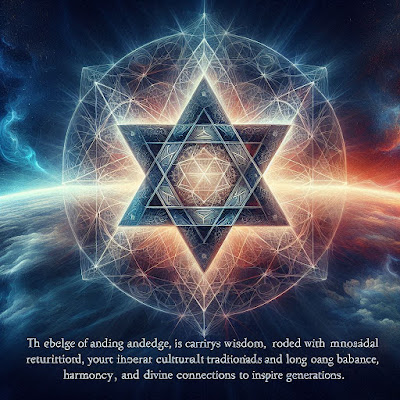Where Is Dhikr Stored in the Brain? Exploring Its Pathways and Spiritual Impact
Understanding how dhikr affects the brain, engages the heart, and promotes emotional and spiritual well-being.
Dhikr, the act of remembering Allah through recitation, engages several parts of the brain, each contributing to the spiritual, emotional, and physical experience. From auditory processing to emotional resonance, dhikr creates a profound connection between the mind and the heart.
1. Auditory and Language Processing
- Temporal Lobe (Auditory Cortex): Processes the sound of the recitation.
- Broca’s Area & Wernicke’s Area: Handle the articulation and comprehension of the dhikr, particularly impactful if the reciter understands the meaning.
2. Emotional and Heart Connection
- Amygdala: Processes emotions like love, peace, and devotion, directly influencing the heart through the autonomic nervous system (ANS).
- Insula: Integrates the emotional experience with physical sensations, enhancing the "heartfelt" connection.
- Prefrontal Cortex: Regulates emotions and promotes mindfulness, creating a calm and focused state.
3. Memory and Habit Formation
- Hippocampus: Encodes dhikr into long-term memory through repetition, making it habitual.
- Basal Ganglia: Reinforces habitual recitation, engaging subconscious pathways.
4. Spiritual and Meditative Impact
- Default Mode Network (DMN): Dhikr reduces activity in the DMN, fostering a meditative state free of self-referential thoughts.
- Parietal Lobe: Less activity here during dhikr enhances feelings of unity and selflessness.
Emotional Areas That Directly Affect the Heart
The amygdala and prefrontal cortex play the most significant roles in regulating emotional states that impact the heart. By fostering calmness and connection, they stimulate the parasympathetic nervous system, slowing the heart rate and increasing heart rate variability (HRV)—a marker of emotional and physical well-being.
Conclusion
Dhikr is not only a spiritual practice but a profound neurological and emotional exercise. Whether through rhythmic recitation or deeply intentional focus, its effects span the brain and heart, promoting peace, connection, and spiritual growth. Understanding these pathways highlights how dhikr helps synchronize mind, body, and soul.






Comments
Post a Comment